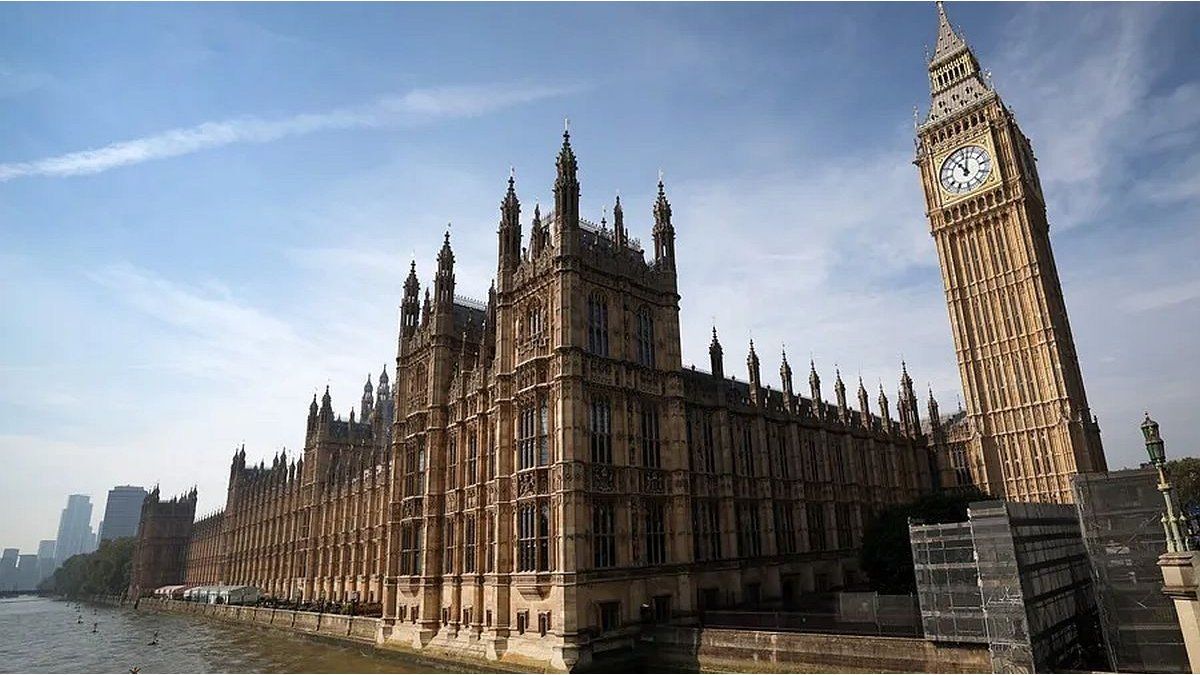The House of Commons approved assisted death for terminal adults with strict conditions. The law, which now goes to the House of Lores, has caused great debate.
On a historic day for the British Parliament, the House of Commons has taken a crucial step towards the legalization of assisted death for terminal adults in England and Wales. The proposal of law, which obtained 314 votes in favor of 291 against, is now addressed to the House of Lords for its debate and eventual approval.
The content you want to access is exclusive to subscribers.
This vote, which was not subject to the party discipline, allowed the deputies to vote according to their conscience, reflecting the complexity and sensitivity of the issue.


A historical debate and strict conditions for assisted death
The initiative, presented by the Labor Deputy Kim Leadbeater In October 2024, it seeks to allow adults with a life forecast of less than six months to opt for assisted death under strict conditions. The requirements include two statements signed by the applicant, the evaluation by two independent doctors and the final approval by a judicial commission composed of a social worker, a lawyer and a psychiatrist.
Leadbeater has highlighted this moment as “historical” and has underlined the need to establish robust guarantees to avoid abuse and coercion.
The law establishes that the lethal medicine may be prepared by a doctor, but it will be the patient himself who should administer it, explicitly prohibiting that third parties do so to avoid possible abuses. In addition, sentences are introduced up to 14 years in prison for those who press, coercion or deceive someone to request assisted death or declare to want to do so.
Citizen reactions and next legislative steps
While the parliamentary debate took place, hundreds of protesters congregated in the vicinity of the Westminster Parliament, showing both support and opposition to measure. The opinions are divided, and the issue has generated an intense public debate about the ethics and morality of assisted death.
On the other hand, the Autonomous Parliament of Scotland has already approved the general principles of a similar law, which currently follows its parliamentary procedure. This movement in Scotland reflects a broader change in the United Kingdom towards the reconsideration of laws on the end of life.
The project will now continue its legislative process in the House of Lores, where it is expected to be approved without major setbacks. If the House of Lords gives its approval, the law could become a significant precedent for other countries that are considering similar laws on assisted death.
Source: Ambito




